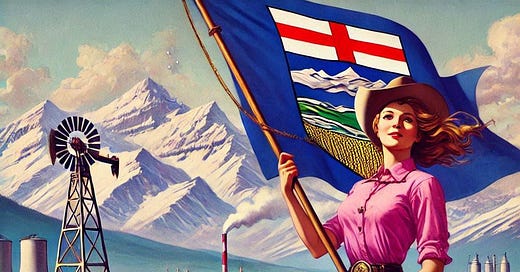This is a chapter from the epilogue of Financial Sovereignty for Canadians: Untether Yourself from the Ottawa Leviathan (2024). Wexit would be an untethering en masse from Ottawa, and favorable senti…
Keep reading with a 7-day free trial
Subscribe to Econ Americas to keep reading this post and get 7 days of free access to the full post archives.




